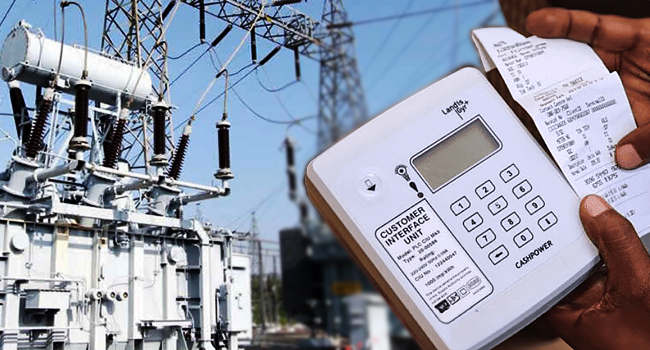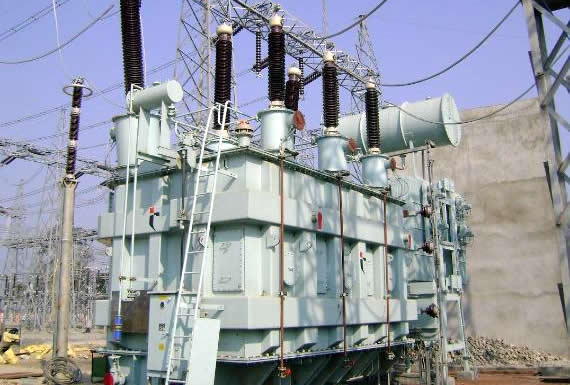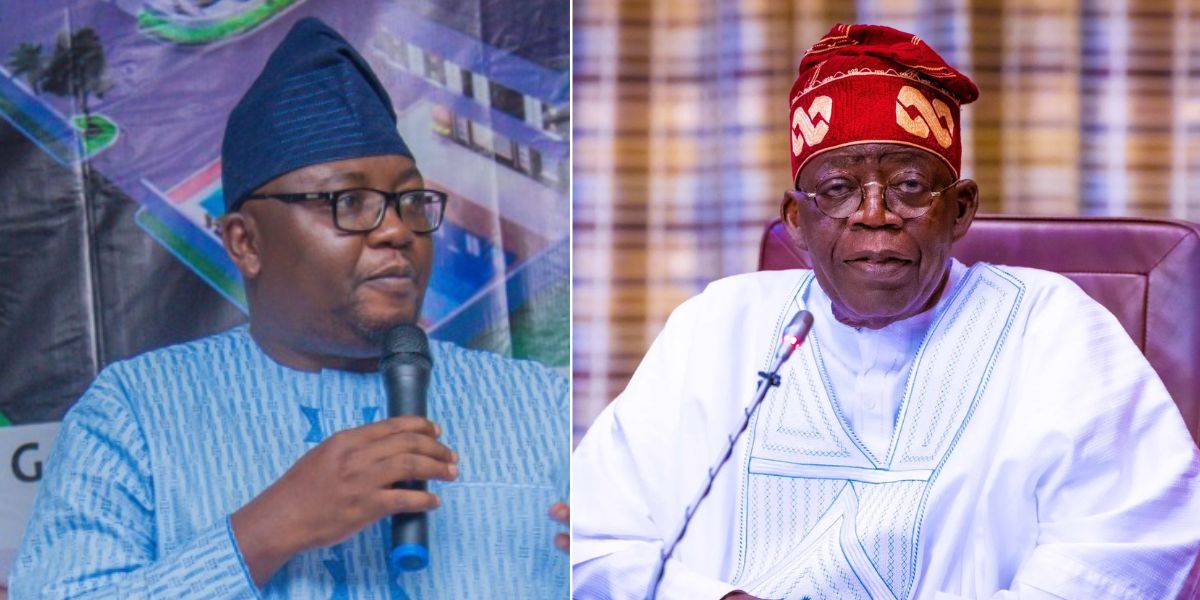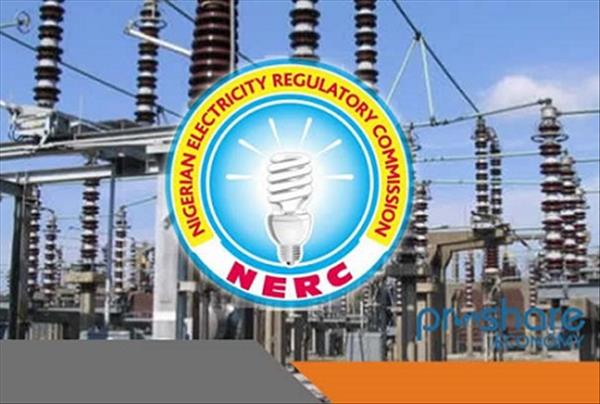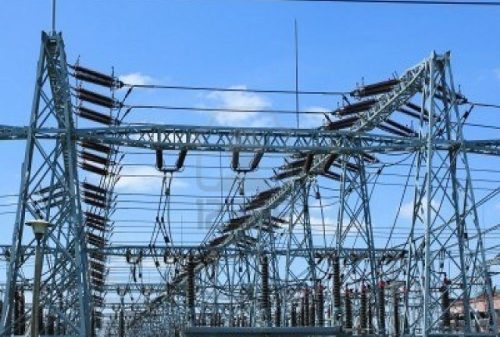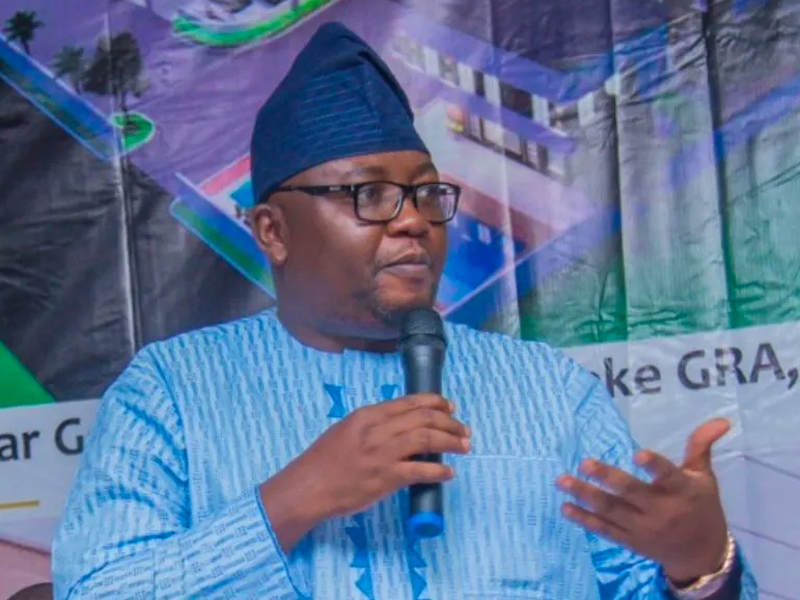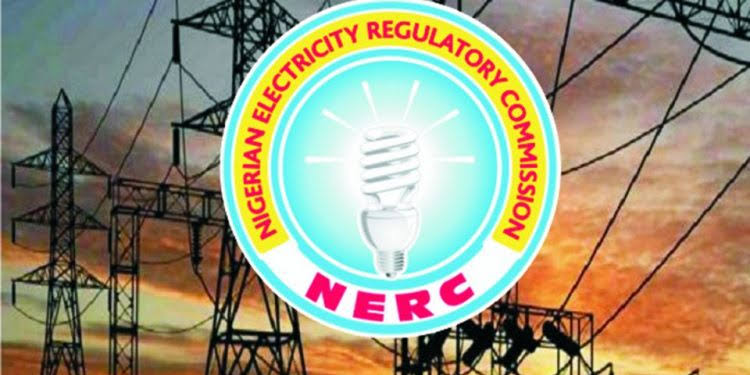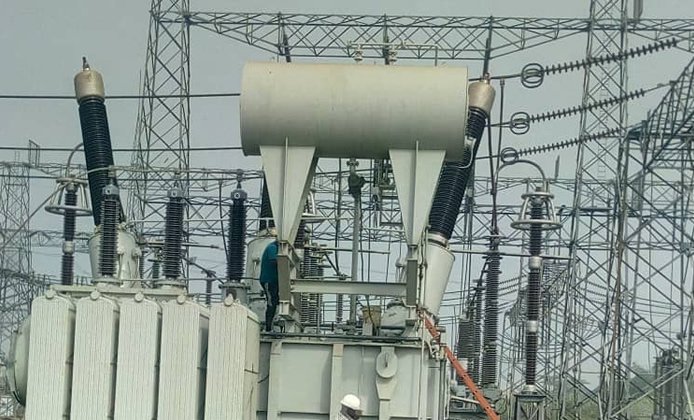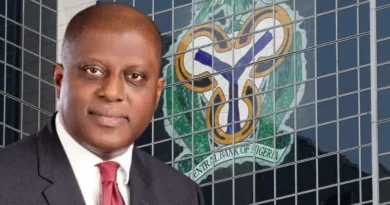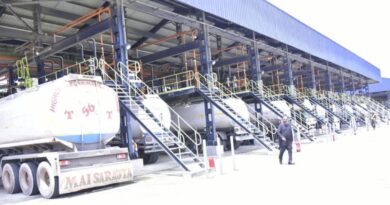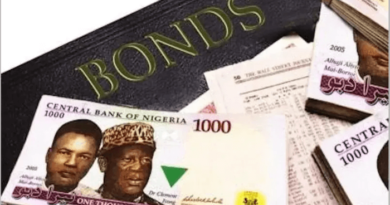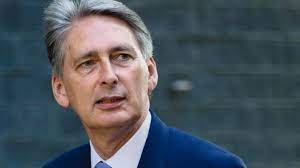Nigeria’s Electricity Subsidy Jumps to N1.94tn in 2024 Despite Tariff Increase
Nigeria’s electricity subsidy has gone up sharply in 2024. The government now has to pay N1.94 trillion to cover the difference between the real cost of electricity and what people are paying. This is a big increase from the N610 billion spent in 2023 — a rise of over 200%.
The Nigerian Electricity Regulatory Commission (NERC) said this jump is mostly because of economic problems. The naira lost value after the government removed fuel subsidies and allowed the exchange rate to float. This caused inflation and pushed up the cost of producing electricity.
Even though the subsidy is high, the government has only paid N371.34 million so far this year, less than 1% of the total. This has made it hard for electricity companies to survive, especially the generation companies (GenCos), which are now owed nearly N5 trillion.
NERC said the government only increased the tariff for Band A customers (who use about 40% of the electricity). For other groups, the tariff was frozen, meaning the government still has to pay the extra cost.
The subsidy per quarter was:
- Q1: N633.30bn
- Q2: N380.06bn
- Q3: N464.12bn
- Q4: N471.69bn
Only the money for electricity generation was paid to NBET (Nigerian Bulk Electricity Trading). Distribution companies (DisCos) still had to pay their own share fully, according to new rules in 2024.
The DisCo with the highest cost was Yola, with N266.64/kWh, due to insecurity and high costs. Ikeja and Eko had the lowest rates. On average, electricity costs N175.31/kWh, but people only pay N100.27/kWh, leaving a gap of N75.04 that the government covers.
The biggest subsidies were given to:
- Abuja DisCo: N285bn
- Ikeja DisCo: N272bn
- Ibadan DisCo: N236bn
- Eko DisCo: N231bn
- Benin DisCo: N169bn
- Enugu DisCo: N161bn
Experts are worried. Power expert Bode Fadipe said the sector is in serious trouble. He explained that most of the equipment used in power generation is bought with dollars, and the falling naira makes it worse. He said the total debt could hit N6 trillion if this continues.
Fadipe warned that removing subsidies without proper planning could lead to more electricity theft and less access to power.
At the same time, businessman Aliko Dangote urged others to invest in electricity. He said his company produces 1,500 megawatts on its own and believes Nigeria should be producing 50,000 to 60,000 megawatts — not just 5,000.
The rising subsidy shows that Nigeria’s power sector needs real changes. Without full reforms, transparent pricing, and private investment, the electricity problem will keep getting worse.

